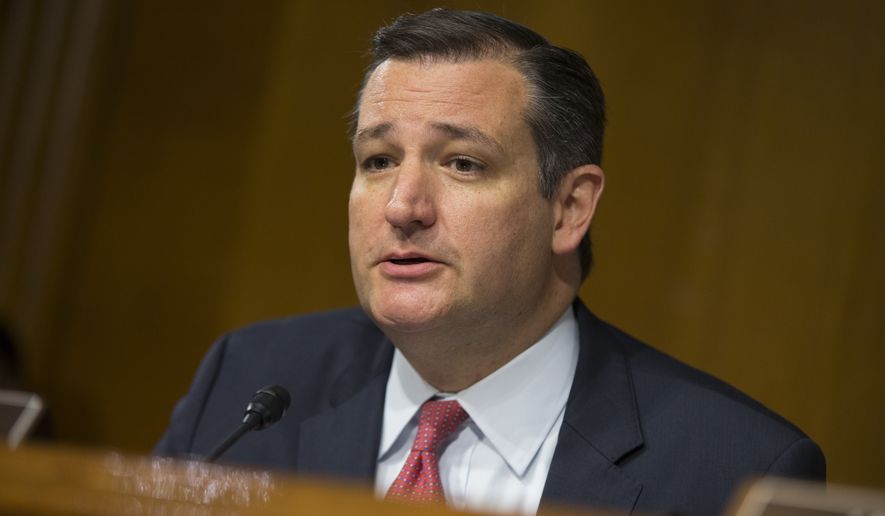Internet legislation proposed Wednesday in the Senate would prohibit the U.S. government from relinquishing its role with respect to overseeing the web’s domain name system, or DNS, unless explicitly authorized by Congress.
The National Telecommunications and Information Administration (NTIA), a division of the Commerce Department, currently oversees control of the DNS, a virtual phonebook of sorts that allows internet users to easily browse the web by allocating domain names to websites the world over.
The NITA has long been expected to give up its oversight role to a global multi-stakeholder community, however, prompting lawmakers to unleashed a proposal this week that would assure the U.S. government maintains control unless Congress votes otherwise.
The bill, the Protecting Internet Freedom Act, “would prevent the Obama administration from giving the Internet away to a global organization that will allow over 160 foreign governments to have increased influence over the management and operation of the Internet,” according to a statement issued Wednesday by the office of the bill’s co-sponsor, Sen. Ted Cruz.
“The Obama administration is months away from deciding whether the United States Government will continue to provide oversight over core functions of the Internet and protect it from authoritarian regimes that view the Internet as a way to increase their influence and suppress freedom of speech,” Mr. Cruz said in a statement. “This issue threatens not only our personal liberties, but also our national security. We must act affirmatively to protect the Internet and the amazing engine for economic growth and opportunity the Internet has become, and I urge my colleagues to support this legislation.”
The Texas Republican has been among the most vocal voices in Congress with regards to preventing the NTIA’s Internet Assigned Numbers Authority (IANA) functions from expiring, and urged the Government Accountability Office last September “to determine whether the agency has the legal authority to conduct such a transfer to a nongovernmental entity without congressional approval.”
“The likes of Russian President Vladimir Putin, Iran’s Ayatollah Ali Khamenei and Chinese President Xi Jinping should not dictate what can be read, written, distributed, bought and sold on the Internet,” Mr. Cruz warned in a 2014 op-ed. “Countries that do not give their own people the right to speak freely deserve no say in what Americans can say and do on the Internet.”
As the NTIA’s oversight role nears expiration, however, the former presidential hopeful’s latest push is being punctuated by fellow Republican members of Congress and conservative groups alike.
Rep. Sean Duffy, Republican Wisconsin, plans on putting forth a companion bill in the House that would prohibit the Commerce Department from allowing the “reckless and absurd” transfer of oversight to occur, the likes of which he fears would allow foreign governments to grasp control of the internet.
“Many among the global community do not respect the values which have allowed the Internet to prosper. Congress must ensure that authority over Internet governance is not granted to those who would undermine such an essential tool for expression and innovation,” Andrew F. Quinlan, the president of the Center for Freedom and Prosperity, said in a statement.
Specifically, the bill aims to ensure that the NTIA’s relationship with the DNS doesn’t terminate, lapse, expire or otherwise end up cancelled unless authorized by Congress, while a separate provision would guarantee that the U.S. government’s exclusive control over .gov and .mil domains remains intact.
Last July Mr. Cruz’s efforts to sideline the transition through a legislative amendment failed by a 19-5 vote in the Senate Commerce Committee.
• Andrew Blake can be reached at ablake@washingtontimes.com.




Please read our comment policy before commenting.